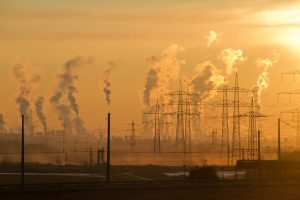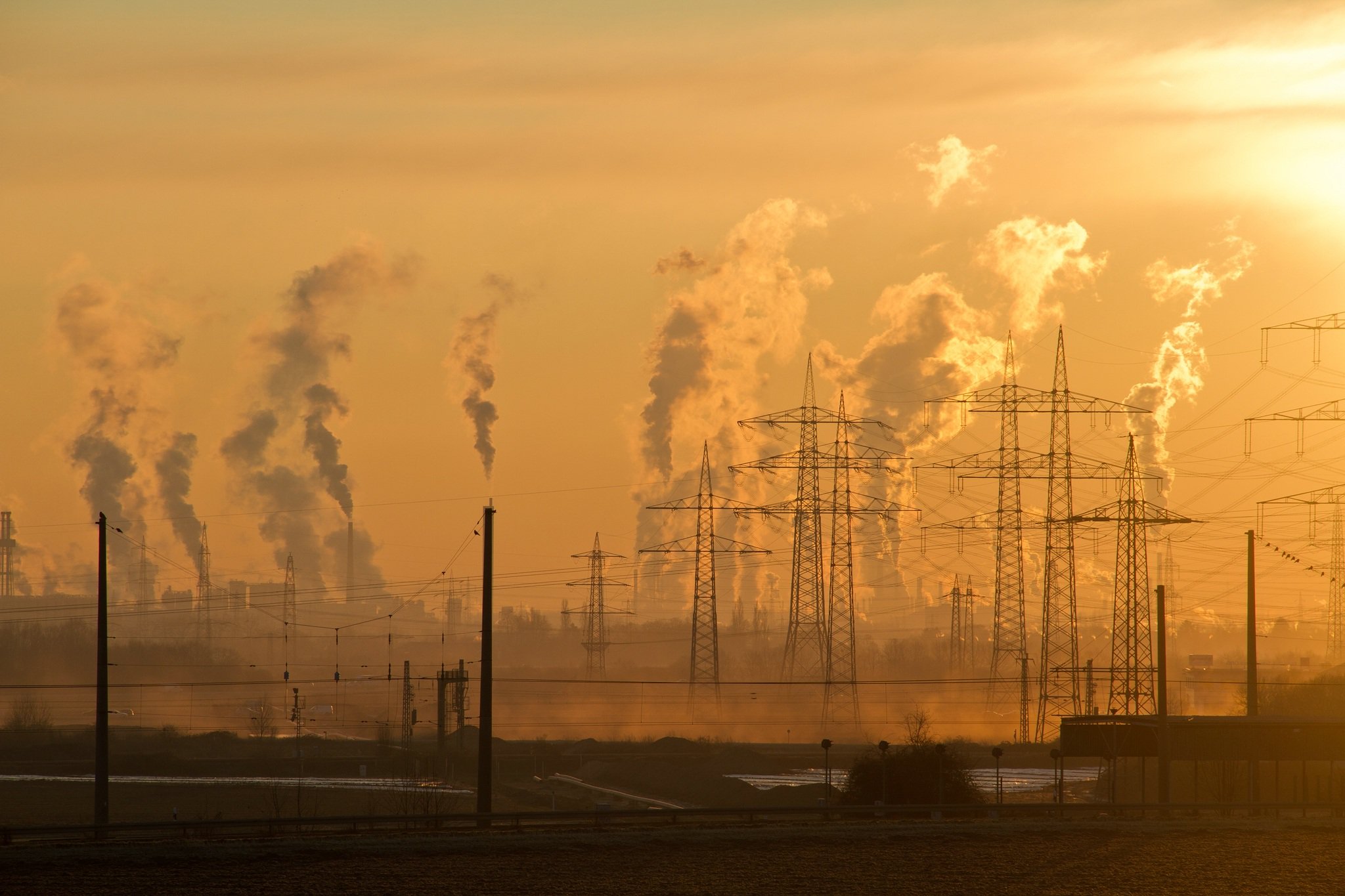I just came across this and found it was a pretty good summary of my current viewpoint – recommended reading:
Resilience: Preparing for Social Collapse and Climate Catastrophe | Llewellyn Vaughan-Lee
Climate emergency is confronting us with the accelerating effects of our materialistic culture: extreme droughts, storms, and fires, and not just oceans filling with plastic, but micro-plastics polluting the air. And the voices of young people are demanding action, as Greta Thunberg’s school strike goes global, and Extinction Rebellion tells the truth of life on Earth in crisis as, “we are in the midst of a mass extinction of our own making.” Young people see their future and the future of the Earth being destroyed by profit-hungry corporations and the dark side of capitalism. Humanity has only a dozen years to the take the actions necessary to limit global warming to 1.5 degrees Celsius (1.5C), or face catastrophic impacts.
But facing this catastrophe, what is the future we are imagining? And although there is an ever-increasing emergency—as Greta says, “our house is on fire”—is there the danger that we are avoiding the real consequences of our collective behavior, and are in fact trying to address this crisis with the same attitude, the same consciousness, that created it? Yes, we need to reduce carbon emissions and plant trees. But if we continue to see the Earth, its climate, or the environment, as something separate from us—a problem requiring a solution—we are just continuing the same story, placing a band-aid over the festering wound our present civilization has created.

We have to accept that our civilization, with its materialistic values, its addictions to consumerism, is past its sell-by date. Its values and patterns of behavior have become so self-destructive, even psychotic, that it is coming to an end—to quote Paul Kingsnorth: “brought down by a rapidly changing climate, a cancerous economic system and the ongoing mass destruction of the non-human world.”
A grounded response requires us to acknowledge that while governments or corporations may offer short-term fixes for reducing carbon emissions and encouraging renewable energy sources, their model of our civilization with its ideology of progress and images of continued economic growth, is not only unsustainable, but pathological. Instead we need to confront “the end of the world as we know it.” Taking real responsibility means that we cannot avoid the consequences of our actions. Even if we do not know the future that is waiting, we need to recognize what is happening.
Historically we can look back at the dying days of the Roman Empire, a time before the Dark Ages swallowed Europe for centuries. When the last Roman legions left Britain at the end of the fourth century—as the buildings crumbled, or were left abandoned—what were the feelings, the attitude of those left behind, knowing their world, their civilization was ending? While it took decades, even centuries for the Roman era to end, Baghdad, then the largest city in the world, was destroyed in less than two weeks by a siege of Mongol hoards in 1258, when every building of note, every mosque and market, was demolished. The Islamic Golden Age ended, and the irrigation system that had supported Mesopotamia for millennia was destroyed and never repaired.
Is our arrogance similar to the rulers of the Baghdad, thinking their civilization would outlast the Mongol force of nature? We do not know the timeline of how climate change will end our era, and most imagine we will adapt and continue. Are we really prepared to confront the forces of nature that our own arrogance and ignorance have unleashed?
What does it mean to live at the end of an era? What does it require individually and collectively? We are present in a moment of profound transition, one that requires our full awareness and participation. And for this work we need resilience, the tools to face our insecurities, our fears as things fall apart, the possibility of social collapse and the patterns of denial that accompany these forebodings. As we accept our grief, the deep sadness at the natural beauty and wonder that is passing, and also confront our own impermanence and even mortality, we need to enquire what are the spiritual roots that can sustain us, the ethical values that are essential to this time of transition? And how can we put these values into action, both individually and as a community?
Read more: New Story Hub




